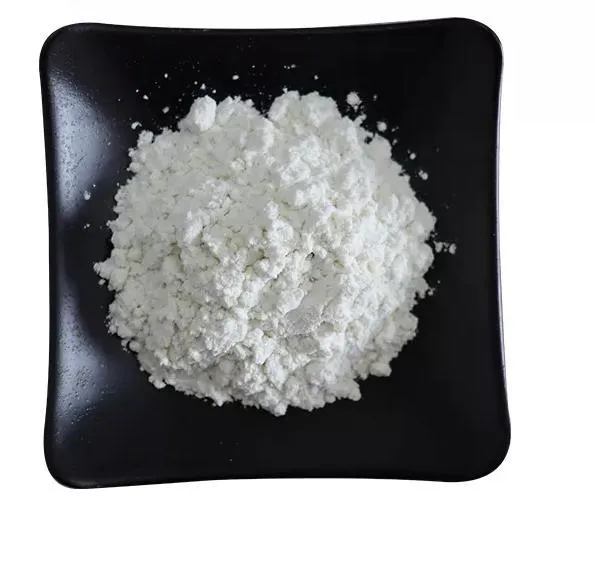Warning: Undefined array key "title" in /home/www/wwwroot/HTML/www.exportstart.com/wp-content/themes/1198/header.php on line 6
Warning: Undefined array key "file" in /home/www/wwwroot/HTML/www.exportstart.com/wp-content/themes/1198/header.php on line 7
Warning: Undefined array key "title" in /home/www/wwwroot/HTML/www.exportstart.com/wp-content/themes/1198/header.php on line 7
Warning: Undefined array key "title" in /home/www/wwwroot/HTML/www.exportstart.com/wp-content/themes/1198/header.php on line 7
- Afrikaans
- Albanian
- Amharic
- Arabic
- Armenian
- Azerbaijani
- Basque
- Belarusian
- Bengali
- Bosnian
- Bulgarian
- Catalan
- Cebuano
- China
- China (Taiwan)
- Corsican
- Croatian
- Czech
- Danish
- Dutch
- English
- Esperanto
- Estonian
- Finnish
- French
- Frisian
- Galician
- Georgian
- German
- Greek
- Gujarati
- Haitian Creole
- hausa
- hawaiian
- Hebrew
- Hindi
- Miao
- Hungarian
- Icelandic
- igbo
- Indonesian
- irish
- Italian
- Japanese
- Javanese
- Kannada
- kazakh
- Khmer
- Rwandese
- Korean
- Kurdish
- Kyrgyz
- Lao
- Latin
- Latvian
- Lithuanian
- Luxembourgish
- Macedonian
- Malgashi
- Malay
- Malayalam
- Maltese
- Maori
- Marathi
- Mongolian
- Myanmar
- Nepali
- Norwegian
- Norwegian
- Occitan
- Pashto
- Persian
- Polish
- Portuguese
- Punjabi
- Romanian
- Russian
- Samoan
- Scottish Gaelic
- Serbian
- Sesotho
- Shona
- Sindhi
- Sinhala
- Slovak
- Slovenian
- Somali
- Spanish
- Sundanese
- Swahili
- Swedish
- Tagalog
- Tajik
- Tamil
- Tatar
- Telugu
- Thai
- Turkish
- Turkmen
- Ukrainian
- Urdu
- Uighur
- Uzbek
- Vietnamese
- Welsh
- Bantu
- Yiddish
- Yoruba
- Zulu
Aug . 09, 2024 20:10 Back to list
Exploring the Leading Producers of Aspartame and Their Impact on the Food Industry
Aspartame A Deep Dive into Its Manufacturing and Applications
Aspartame, a low-calorie artificial sweetener, has become increasingly popular since its discovery in the 1960s. Its utilization spans a wide array of products, ranging from soft drinks to sugar-free desserts, making it a staple in the diet of millions seeking to reduce sugar intake. The journey of aspartame from raw materials to the final product involves intricate manufacturing processes, stringent quality controls, and careful handling of ingredients. This article delves into the manufacturing of aspartame, its producers, and the significance of quality in its application.
The Manufacturing Process
The production of aspartame primarily involves the condensation of two amino acids phenylalanine and aspartic acid. These amino acids are derived from natural sources, often through either fermentation processes or hydrolysis of proteins. To produce aspartame, phenylalanine and aspartic acid undergo a series of chemical reactions catalyzed typically by various enzymes, resulting in a dipeptide that is then methylated to form aspartame. This synthesis can occur through chemical or enzymatic methods, with manufacturers often opting for a process that maximizes yield and minimizes impurities.
Following synthesis, the aspartame needs rigorous purification. This stage is crucial because the purity of aspartame directly influences its safety and sweetness perception. The purification process involves several steps, including crystallization and chromatography, to remove by-products and unreacted starting materials. The final product is a white crystalline powder that is approximately 200 times sweeter than sucrose, meaning only a small amount is necessary to achieve the desired sweetness level in food and beverage applications.
Key Manufacturers and Market Trends
A handful of companies dominate the aspartame market, including NutraSweet Company, Ajinomoto Co., and others. These manufacturers have developed sophisticated production processes to ensure their products meet strict regulatory standards imposed by health authorities worldwide. For instance, in the United States, the Food and Drug Administration (FDA) has affirmed the safety of aspartame for human consumption, provided it does not exceed the established acceptable daily intake (ADI).
aspartame manufacturer

The market for aspartame has been shaped significantly by consumer demand for low-calorie and low-sugar products, a trend that has soared due to increasing health consciousness. Additionally, the growth of the soft drink industry, alongside innovations in food technology, has propelled the manufacturing of aspartame. Manufacturers are continuously investing in research and development (R&D) to optimize their production processes to improve efficiency and reduce costs.
Quality Assurance and Food Safety
Given that aspartame is a widely consumed food additive, manufacturers place a significant emphasis on quality assurance and safety protocols. Each batch undergoes rigorous testing for quality, ensuring that it meets the necessary purity requirements and is free of contaminants. This commitment to quality is vital not only from a regulatory standpoint but also for consumer trust.
In response to concerns regarding health risks associated with artificial sweeteners, including aspartame, manufacturers have embraced transparency, providing comprehensive information on product safety and ingredient sourcing. Furthermore, aspartame’s labeling requires a warning for those with phenylketonuria (PKU), a rare genetic disorder that prevents the proper metabolism of phenylalanine.
Conclusion
Aspartame has proven itself to be a valuable ingredient in numerous products, thanks to its ability to provide sweetness without the calories associated with sugar. The manufacturing process involves careful selection of raw materials, intricate chemical processes, and stringent safety measures to ensure product quality. As consumer preferences continue to evolve, manufacturers will likely adapt and innovate, contributing to the ongoing significance of aspartame in the global market for food and beverages.
Latest news
-
Certifications for Vegetarian and Xanthan Gum Vegetarian
NewsJun.17,2025
-
Sustainability Trends Reshaping the SLES N70 Market
NewsJun.17,2025
-
Propylene Glycol Use in Vaccines: Balancing Function and Perception
NewsJun.17,2025
-
Petroleum Jelly in Skincare: Balancing Benefits and Backlash
NewsJun.17,2025
-
Energy Price Volatility and Ripple Effect on Caprolactam Markets
NewsJun.17,2025
-
Spectroscopic Techniques for Adipic Acid Molecular Weight
NewsJun.17,2025

